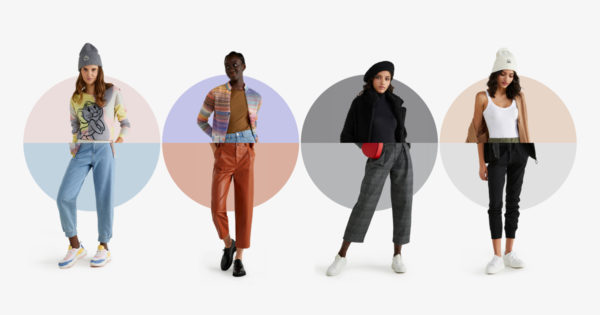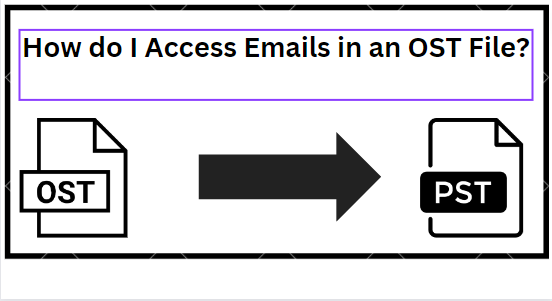InfoSum scales data clean room network in deal with The Trade Desk
Allows advertisers to activate against DSP’s first-party identifiers, including Unified ID 2.0.

Data collaboration platform InfoSum has partnered with The Trade Desk in an effort to scale its clean room network, giving advertisers more first-party data to power their campaigns.
The deal integrates data sets from clients of The Trade Desk with InfoSum’s data-sharing ecosystem, where advertisers and agencies collaborate using each other’s audiences while preserving the privacy, security and control of that data. The technology underpinning this process is called a clean room and is becoming an increasingly popular mechanism for brands to leverage data as they turn away from third-party cookies, which are planned to phase out in 2023.
Brands will now have access to a scaled network of audiences that they can analyze in order to create targeted campaigns. The integration specifically enables InfoSum clients, such as Omnicom Media Group, to utilize the Unified ID 2.0 identifier inside the platform’s secure environment. The Trade Desk developed UID 2.0 but has since made efforts to pass it off to independent governance. UID 2.0 has emerged as a popular first-party alternative to cookies, and could deliver stronger planning when activated against other identifiers, like OMG’s Omni ID and LiveRamp’s RampID.
“It's really important that we make it easier for brands who want to activate with The Trade Desk, but that we don't do so compromising anything around privacy and security,” said Lauren Wetzel, InfoSum’s chief operating officer.
InfoSum’s network relies on “bunkers,” or protective lockers that store a brand’s data and can be easily shared with other bunkers for collaboration inside a clean room environment. The platform launched Bridge last year to improve this sharing process by reducing the noise when consumer data is matched between brands.
The partnership will also help brands maintain control and transparency of their first-party data when collaborating with others. Since InfoSum licenses its technology to its clients, brands are able to set their own permissions to ensure their information is protected, said Wetzel. This is opposed to other solutions that require brands to send out their data to third parties, who receive full access and may expose the data through leaks.
As The Trade Desk integrates with InfoSum’s network, first-party data is seeing a wave of consolidation across categories, especially TV. Media companies like NBCUniversal and Disney, and platforms like Roku, have been busy partnering with agencies to increase access to their portfolio of data. These collaborations will continue to gain steam as the TV upfronts and NewFronts begin.

 Tfoso
Tfoso 































